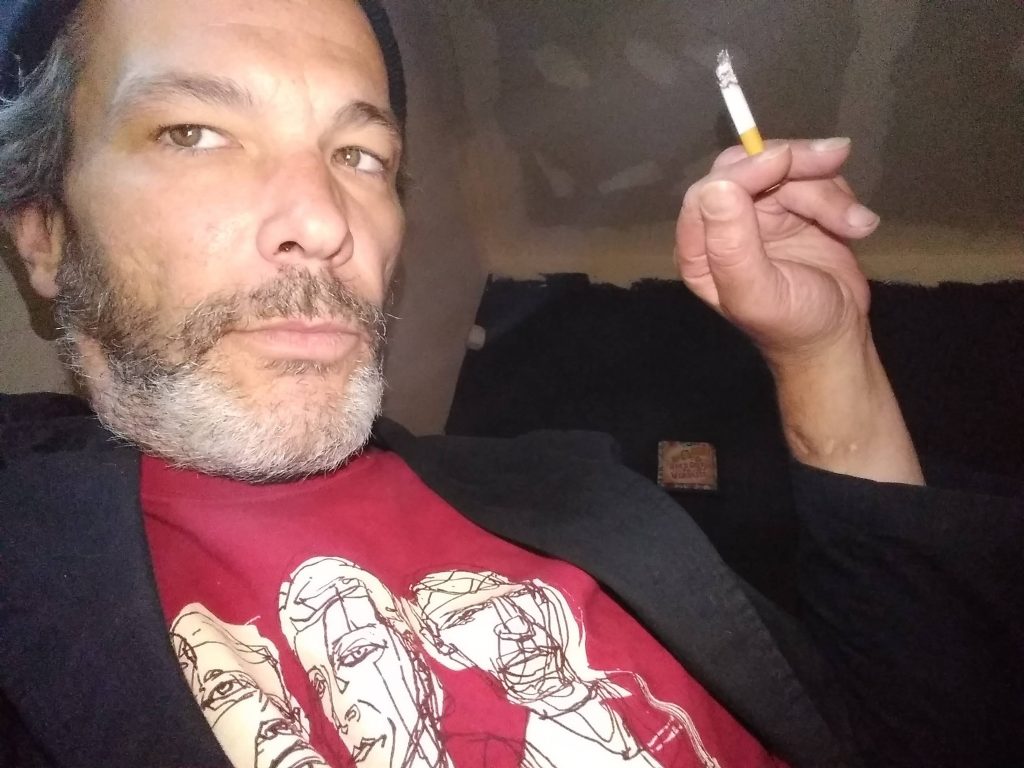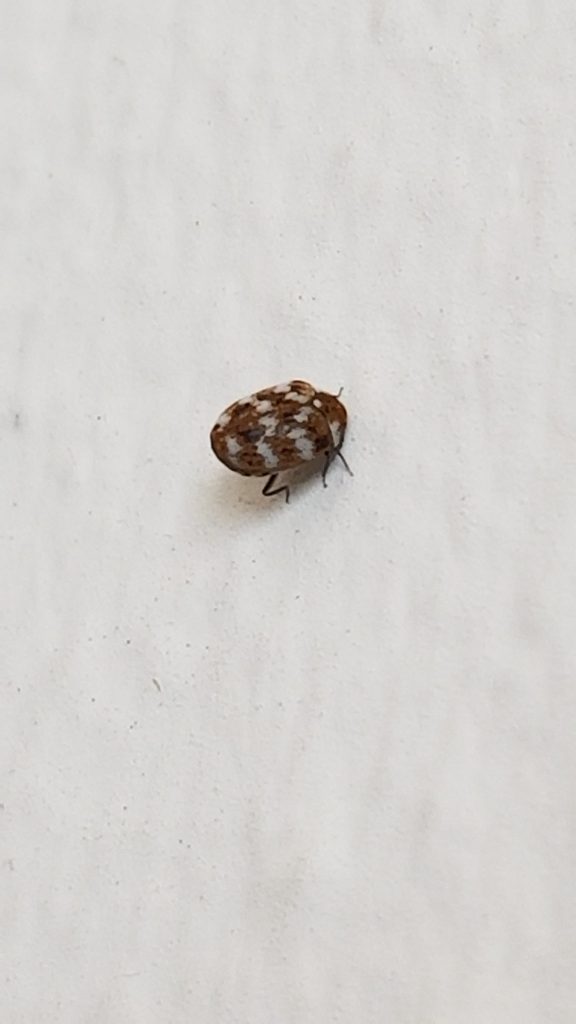Emerge
I’d so like to write about all of us emerging from our covid cocoons with pretty words like “chrysalis” and “imago” and uplifting images of people holding up their hands and singing in the streets, but it would feel like a lie, gaslighting, another unconstructive myth. Because millions of people are coming out of trauma, long drawn-out shock, and many are still amidst it, not just from a pandemic but from one which capped four years of scathing social and cultural crises which saw vast factions of Americans showing their best and worst faces. Good to have the underbelly showing if not a pretty sight. And that itself feeling like a condensation and amplification of centuries and millennia of human oppression on so many fronts, all brought into focus by fifteen excruciating months of fear-fraught isolation. After all that, somehow spring just doesn’t feel like spring any more, not really – and how fast and far I’ve come from that emergent and hope-filled butterfly. But WAIT – do we really need to rip ourselves from our molting gaily and transformed? (There’s that knee-jerk myth again.) How ’bout we just slow the heck down, or at least how about I do. I know I’m in no rush to rejoin the swarm, the stew, the big palooza. And I’m thinking, I’m wondering, with all these raw nerves, and I’ve got about a billion of ’em (maybe you can relate), might there be an opportunity at hand, perhaps singular and rare as the situation itself? Like taking an extra minute to let those nerves jangle in this specific way, to let them flare, and say, hey, everybody gotta burn some fear off, everybody’s awkward as fuck, everybody needs a little more room to be a duck again, to rhythm on. Like giving everybody an extra break. I’m trying to anyway, though I can barely give myself a break. So when my nerves flare at somebody flaring, I bring out the old mantra, What am I assuming? What am I assuming?, and I think, I hope that we might look around us and see that everybody’s been in the mud for once, we know that much at least and maybe we’ll remember it for a moment this time, and maybe, just maybe the next time I’m walking down the street a little frayed and someone’s walking toward me a little frayed, a bit askew, I’ll remember all that mud, and even though I don’t know what mud that person’s been through, maybe I’ll be strong enough to think, That’s okay, brothersister, that’s okay, sisterbrother, that’s okay.
~ ~ ~
J deSalvo
August 1, 1979 – March 28, 2021
We’ve lost a lot of people this past year, most lately this one. What a creature. As the poem below suggests, they infuriated me more than almost anyone has the first time we met; in the last few years we were becoming pretty close friends. Not doing an obit here, the poem hopefully will draw a bit of a portrait, mostly just saying bye and hallo to J – though we did have a surprising number of things in common besides the whole compulsive scribbling thing. We’re both organizers, with J somehow founding three small presses and coordinating countless readings, at many times while homeless and battling mental health and substance abuse issues. I can’t top that, as laughable a phrase as that is coming from me, and J would have laughed at it too, as we had a number of conversations regarding the drawbacks of being non-competitive in this conflict-addicted world. We shared non-normative thinking in other areas as well, including gender, identity, and self, the latter of which we both found to be a useful social tool and not much else. This poem, this memorium comes with an epigraph by J on that very subject, quoted from the reader’s introduction to the version of their unpublished novel Meta-Stupid, which they sent me late last year. It reads, “I don’t believe in the idea of a static self, actually—other than as a self-perpetuating delusion.” Nuff said. Miss you, J.
In Your Shoes
for J DeSalvo
I know your non-self
scattered across plazas,
drifting through traffic,
squatting on sidewalks,
so many pigeons in a flock of air.
I know your non-sense
in that shim of an eye,
crook of an arm,
swollen hands drifting.
Thrumming or flailing,
streetcorners came to you
looking for answers,
and you’d laugh like hail,
serious eye sliding
on an elevated rail.
I know your non-nothingness
like a whisp of fist
grabbing for coffee
or a two-ton drink.
The night we met
you were trying to fill yourself
with nothing, face-torn and blinkered,
and I wanted to punch your lights
for all that fortified blight.
Goddamn, your non-self
could piss people off,
but mostly when it was trying
to de-self the self that wasn’t there
instead of just being everywhere.
But that mind, you fucker,
incisive, shining, tossed
about in a broken can,
slicing life into salient flecks
of has-to-be and what-the-fuck
while your tornado heart
sucked everyone to its eye.
When you died
I wanted to punch all the lights.
Where are we now
in this twilight town
burning with neon and fog?
Rolling up Telegraph,
a Styrofoam cup yells:
Where are the cigarettes?
Where is the booze?
Where is the coffee
with the dirty spoon?
Here’s a blast of live music
from a fast-opened door,
and there are those shoes,
beat, sure-strung, scuffed,
and like the rest of you
so very lived in
but always somehow with panache
stepping out into the night.
~ ~ ~
REFLECT :: Not too long before they died, J deSalvo had started an interview with me for the Pedestrian Press blog; it was an email exchange that I was being very slow about, so we didn’t get that far. It was purportedly about my recent book of poems, Be a Bough Tit (Be About It Press, 2020), and where that fit into my word-work in general. I’m grieved that they’re gone and it’s no matter that the interview stopped short, but it got me thinking about my approaches to writing, some of which I hadn’t considered for quite some time. Bough Tit is what I view as mostly plainspoken pieces with fairly direct meanings or “messages” if you will – about love, and pain, and hope, and oppression, and dealing with living in a fickle world – what some might see as pretty standard fare for poetry (but better here of course, lol). Thing is, a lot of my work doesn’t read so plainly, especially in the poetry-ish genres, so that recent collection is a bit of an outlier. That’s all not a matter of me trying to be complex or dense or any of that jive, in fact it’s not me trying to be anything at all; though it is me trying to do something, at least partially, that I decided about my poetry quite early on. I’d been writing all kinds of genres since grade school (and I’ve still got a folder with some real doozies from high school at least, believe me I was not a prodigy), but I really fell in love with the form as an undergrad at University of Michigan, and poems started leaking out of me all over the place. So I ended up spending a great deal of time there exploring poetry all over the place as well, and I decided over time that what really clicked for me were pieces that I could springboard my own thoughts off of and land with them in a new place, a new scene, man, a new perspective. And I found what turned me off were poems that tried to force me into a perspective, or ones that felt like they were trying to make me think the way the poet thought. Don’t get me wrong, I want to experience other perspectives, I’d even say I crave it, I just don’t want them forced on me; it feel controlling and I end up resenting it. Besides, no one can change one’s mind better than oneself. So when I got out of Ann Arbor and scurried off to, yes, Oakland, CA to explore the Bay Area and go find all the great poets, I arrived at what seemed for me to be an invaluable maxim regarding my work. That being, I believed my poetry was stronger and more effective when it avoided creating a structure of thought for the reader to fit themself into, and instead made itself a well-wrought springboard for them to take their ideas wherever they needed to go. In some ways it just seemed like a courtesy for the reader, lending them some trust and agency. I kept it close for several years, then it drifted more to back of mind, then went unseen, but in many ways it’s always there to guide me back to stronger work, at least in terms of how I see my own work, not anyone else’s. Sometimes it functions as provocation, others as subtler suggestions or shifts of mind, and whereas it’s not pervasive, it is often present, at least in my poetry and flash prose, to this day. And it’s made my life more challenging, especially in milieus where folks expect a straightforward message, and being a provocateur with strong-minded progressives who don’t want their structures challenged, even just for exercise, can sometimes turn into a minefield. (I don’t know many conservatives but I’m guessing that it’s much the same.) Anyway, if anything, that approach is a key to what I’m often doing with my poetry, or what my poetry is often doing with me: not tryin to make you think this way or that, but allowing you to think more your own, and at best helping you take that further. Take a look at the poems on the Fresh Words page if you want some examples, and here’s one of my favorites from a few years back that addresses, well, whatever that elusive “self” is or isn’t.
Why are you so shocked
when you’re no longer you, you
puny little
caring so much then tearing with teeth
as if there were constancy
in your skin
whipwind snapdragon
kamikaze sheer benevolence
don’t be a
O for the buoyant
sacrifice of latches
may you fling so far
you’re no longer you
~ ~ ~
Okay, butterfly, how’s about a little pounding downpour for the spirit? Might be a bit of a battering, sure, but it’s good for the crops. But you already knew that, didn’t you, pretty little drunk-on-nectar battering ram, whole life like a wild night in a pub. What? Blasphemy! Libel! What twisted mind does it take to imagine butterflies to be violent, fluttering pretty fluttering? Wait, what? Are you kidding? They’re alive, aren’t they?
Sincerely,
Richard
.
.



